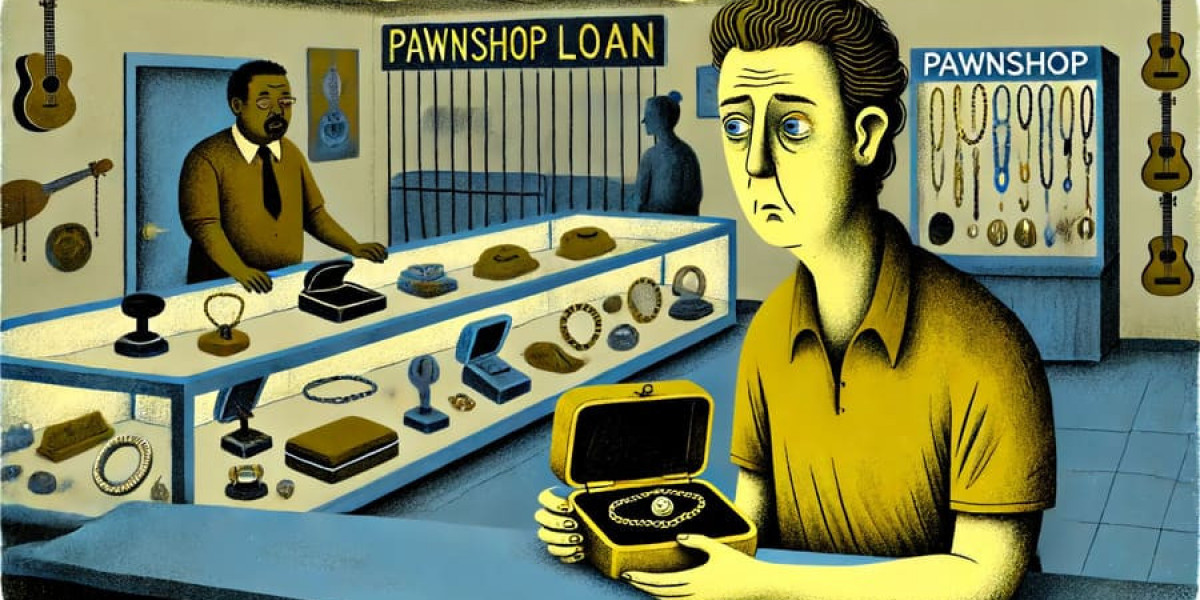A Comprehensive Guide to Buying Licenses: What You Need to Know
In today's competitive landscape, the purchase of licenses is frequently a vital aspect of running an effective company. Whether you are seeking to buy Licence software licenses for your business, a music license for your artistic ventures, or an organization license to guarantee compliance with local laws, understanding the nuances of license procurement is crucial. This post will look into the kinds of licenses available, describe the steps to take when buying a license, and address regularly asked questions for clarity.

Comprehending Different Types of Licenses
There are a number of kinds of licenses readily available across various markets. Below is a classified introduction of the most typical licenses one might encounter:
1. Software Licenses
Software certifies grant users authorization to operate software application applications under specified terms. These can be divided into a number of categories:
- Proprietary Licenses: The user has actually limited rights and should follow the terms stated by the software application producer.
- Open Source Licenses: These allow users to modify the software's source code, adhering to copyright laws.
- Freeware Licenses: Users can utilize the software application for totally free, however might face restrictions on redistribution and modification.
2. Organization Licenses
Organization licenses are needed by regional, state, and federal governments to lawfully operate a business. Typical licenses include:
- General Business License: A standard license needed to run within a city or county.
- Professional Licenses: Required for specific occupations, such as health care or financing.
- Sales Tax Permit: Necessary for services engaging in retail sales.
3. Innovative Licenses
For artists, artists, and content creators, protective licenses make sure the best use of their work:
- Copyright Licenses: Control over how the work can be recreated, dispersed, and displayed.
- Music Licenses: Necessary for performing or using music in numerous settings, such as radio stations or public locations.
4. Intellectual Property Licenses
These are important for securing developments and concepts:
- Patent Licenses: Allow others to manufacture or use an innovation.
- Hallmark Licenses: Permit others to utilize a brand name's identifiable signs.
Steps to Buying a License
When intending to purchase a license, it's important to follow a structured approach:
Step 1: Identify Your Needs
Before obtaining a license, examine the requirements of your industry or occupation. Concerns to consider include:
- What type of license do you need?
- Are you certified with existing policies?
- How will the license benefit your operations?
Step 2: Research Licensing Options
Conduct thorough research study to determine possible providers or licensing authorities. Bear in mind of their track record, pricing structures, and terms.
Consider the following throughout research study:
- Read reviews and testimonials from other users.
- Compare rates throughout various licensing suppliers.
- Understand the small print in licensing contracts.
Step 3: Evaluate Legal Requirements
End up being acquainted with the legal aspects of the license. Laws may vary by area, so it's suggested to seek advice from a legal consultant or organization specialist.
Step 4: Budget for the License
Licenses can differ substantially in cost. Develop a spending plan that covers not just the purchase but likewise any continuous charges related to the license. Consider if there will be a requirement for renewal.
Step 5: Make the Purchase
Once you have actually chosen the suitable license and completed the information, continue with the purchase. Keep a record of the deal, consisting of billings and agreements.
Action 6: Maintain Compliance
After acquiring the license, ensure you adhere to its terms to avoid legal implications. Arrange tips for renewal dates and keep your documentation organized.
Regularly Asked Questions (FAQs)
1. What is the distinction in between a license and a license?
A license normally grants approval to engage in particular activities, while a permit typically enables the completion of a particular process, such as construction or environmental compliance.
2. For how long does it require to get a license?
The timeline can vary considerably depending upon the kind of license and local guidelines. Some licenses can be acquired on the very same day, while others might require weeks or months for approval.
3. Can licenses be transferred or sold?
In basic, licenses are typically non-transferable, especially exclusive software licenses. Nevertheless, some states permit the transfer of service licenses under particular conditions.
4. What occurs if I don't purchase the needed licenses?
Operating without the necessary licenses can result in serious charges, consisting of fines, suits, or even the closure of your organization.
5. Are there any discount rates available for bulk license purchases?
Lots of software application suppliers offer discount rates for acquiring multiple licenses at once. It's worth asking about readily available choices during the buying process.
Getting the proper licenses is essential for both individuals and organizations in different industries. By understanding the different kinds of licenses readily available, researching effectively, and following a structured acquiring procedure, one can avoid pitfalls and ensure smooth operations. In a world where compliance is critical, taking proactive actions to protect the needed licenses is a financial investment in the future stability and integrity of any endeavor.








